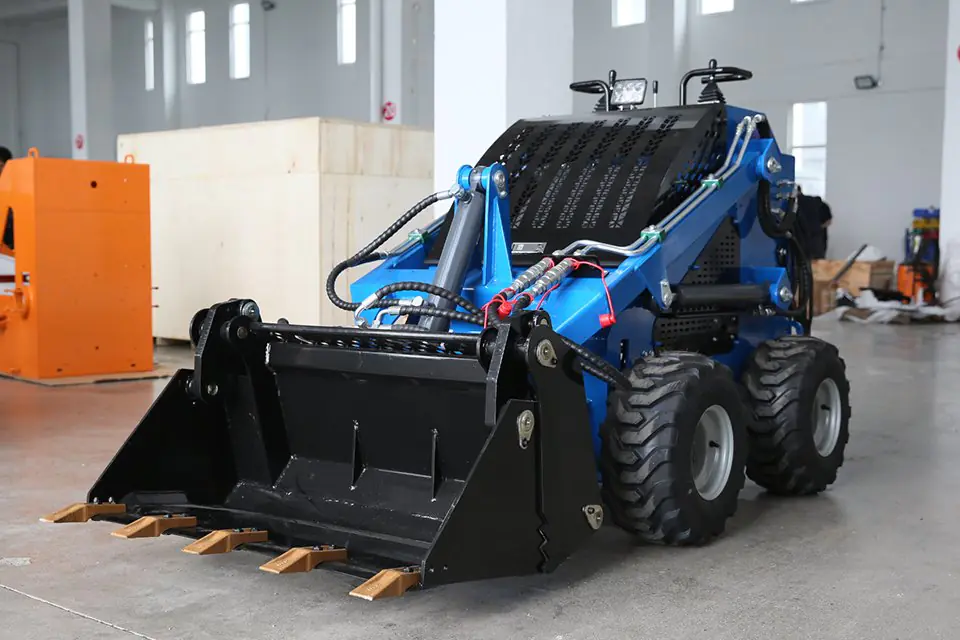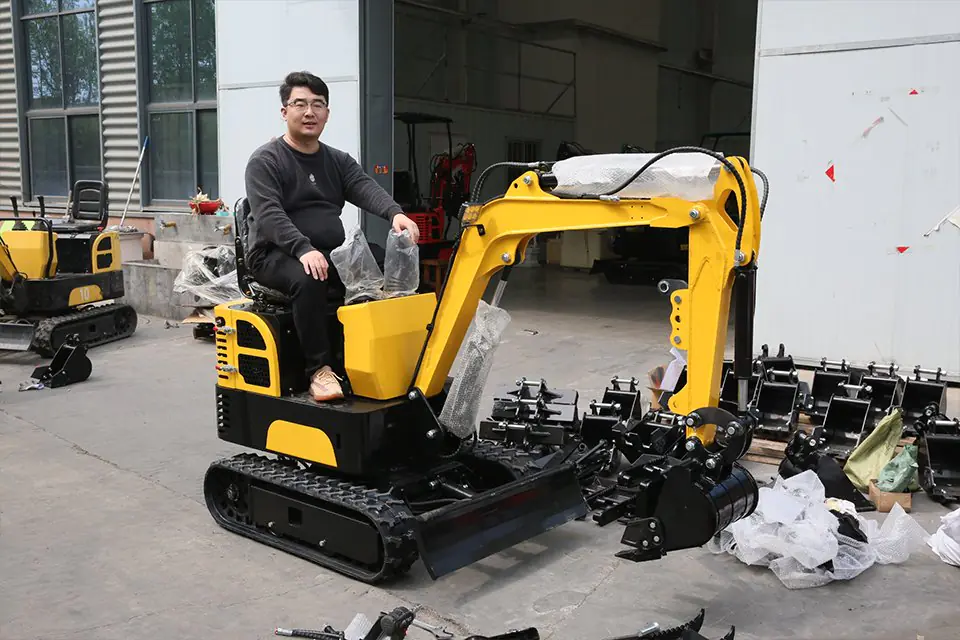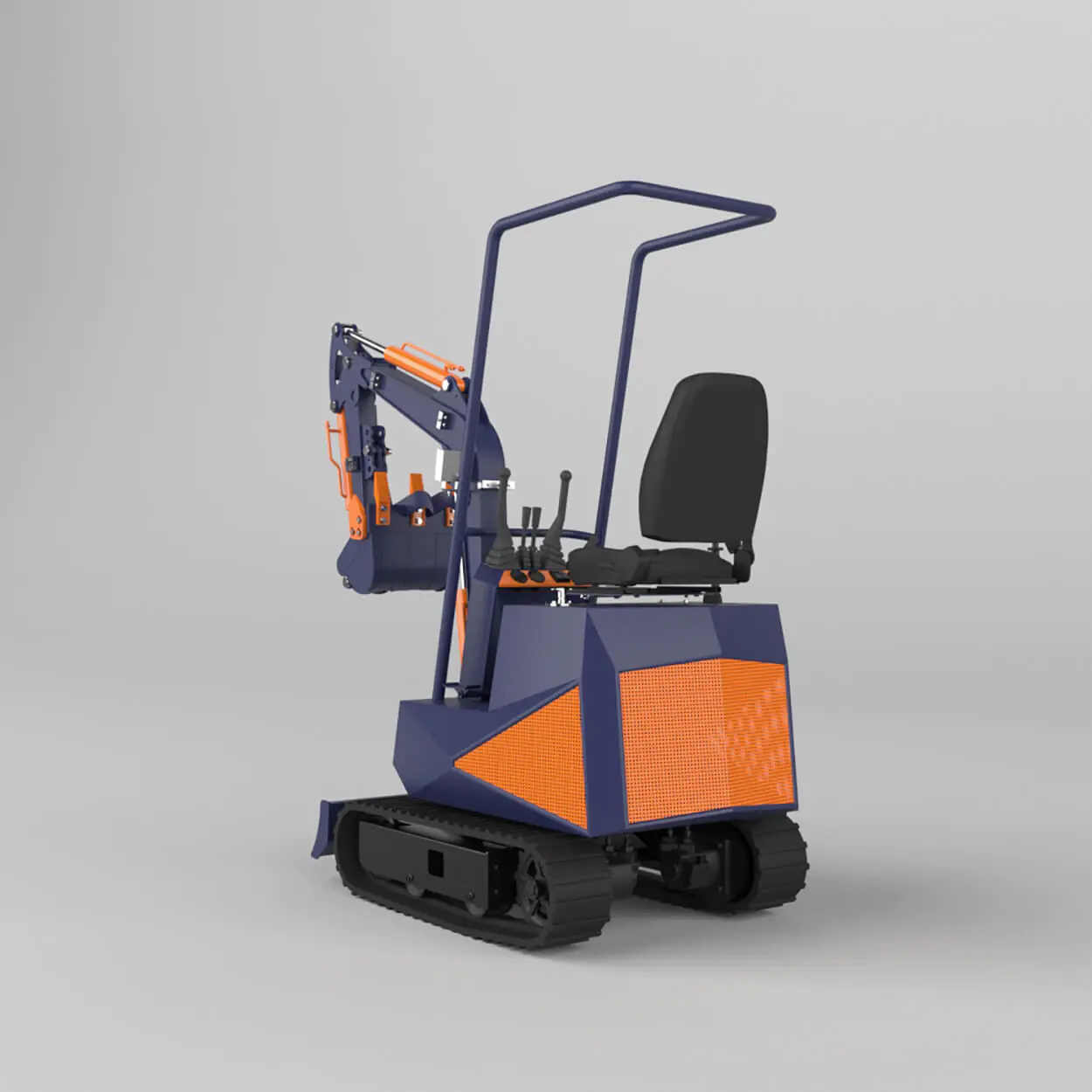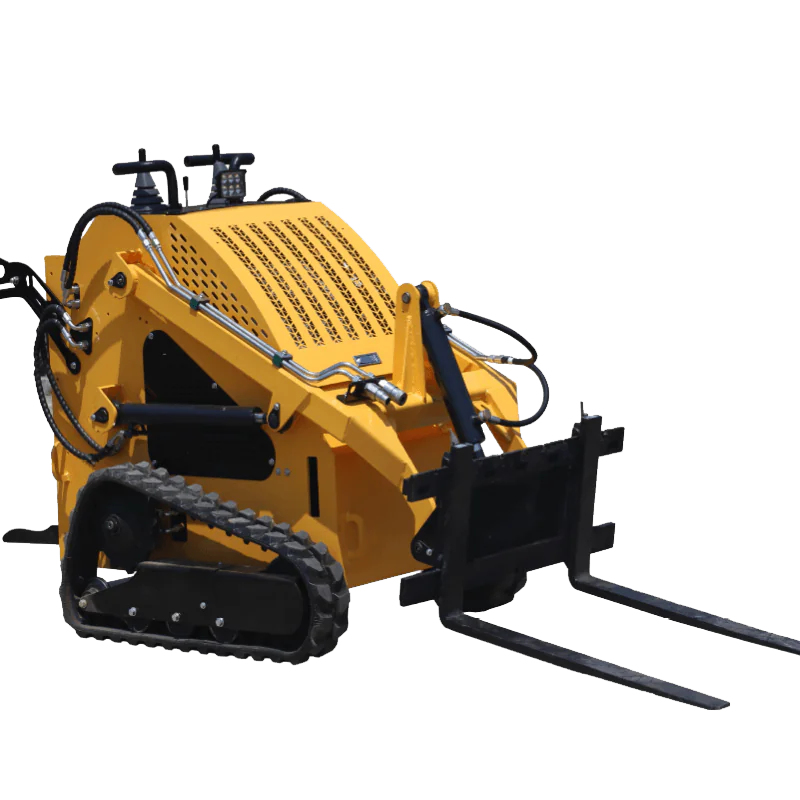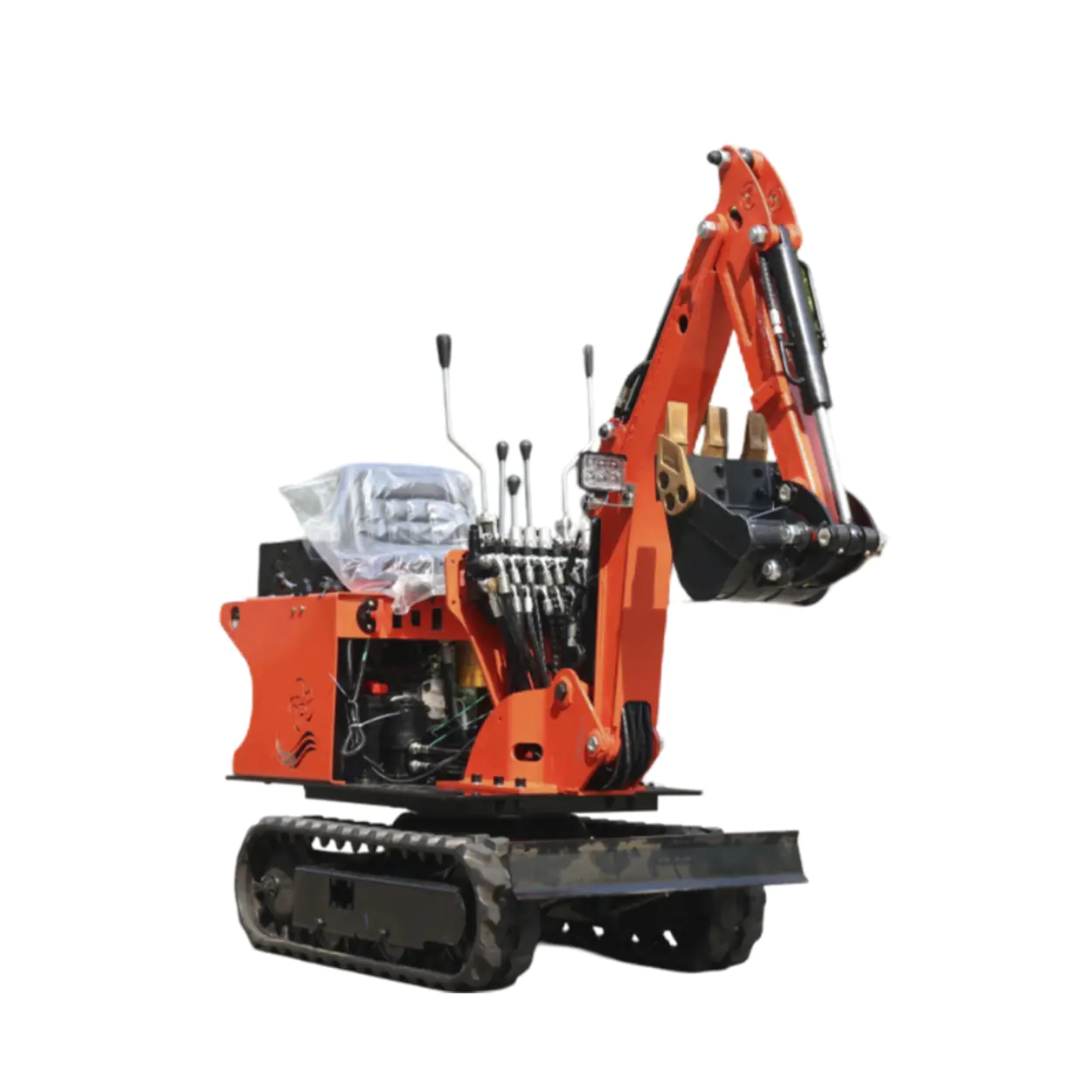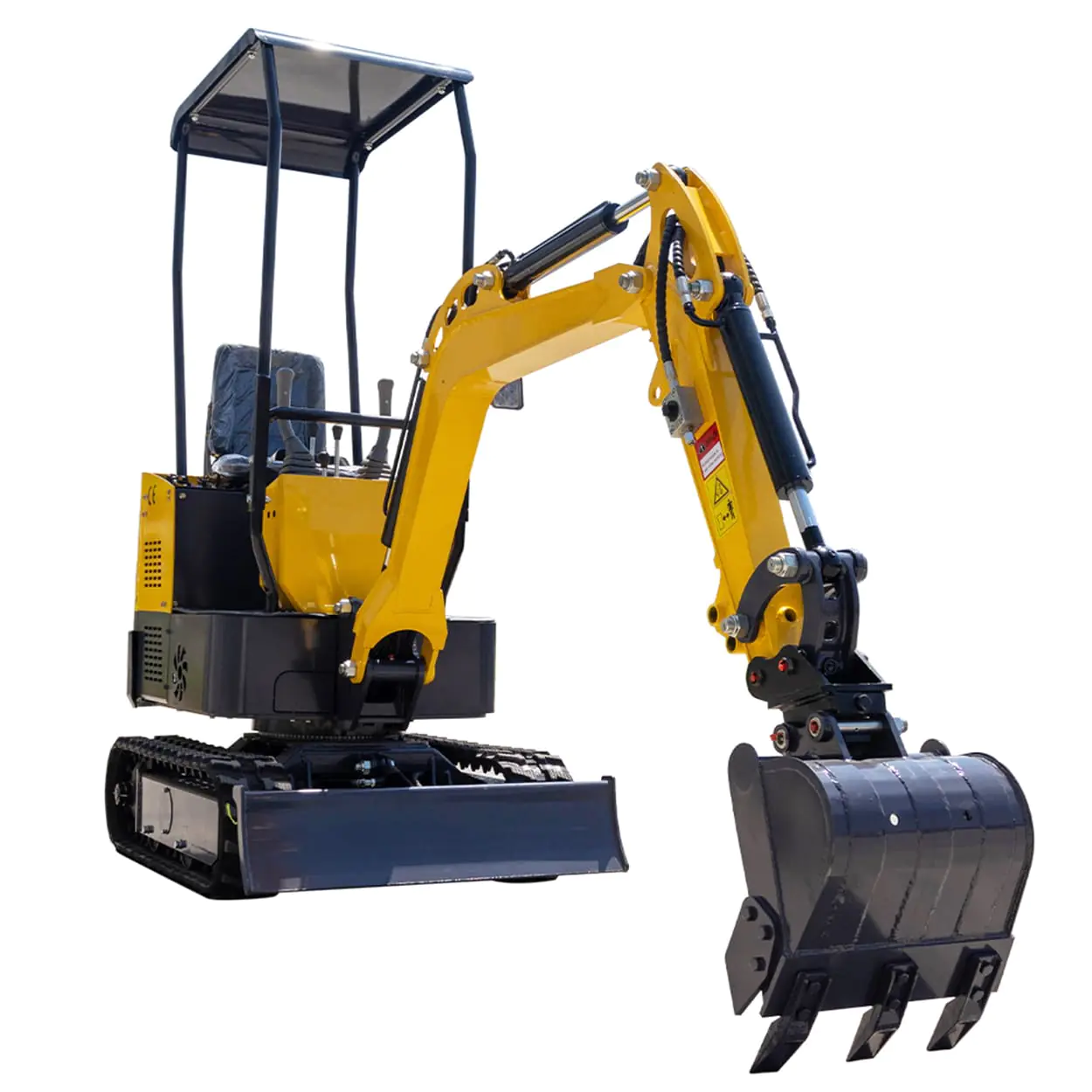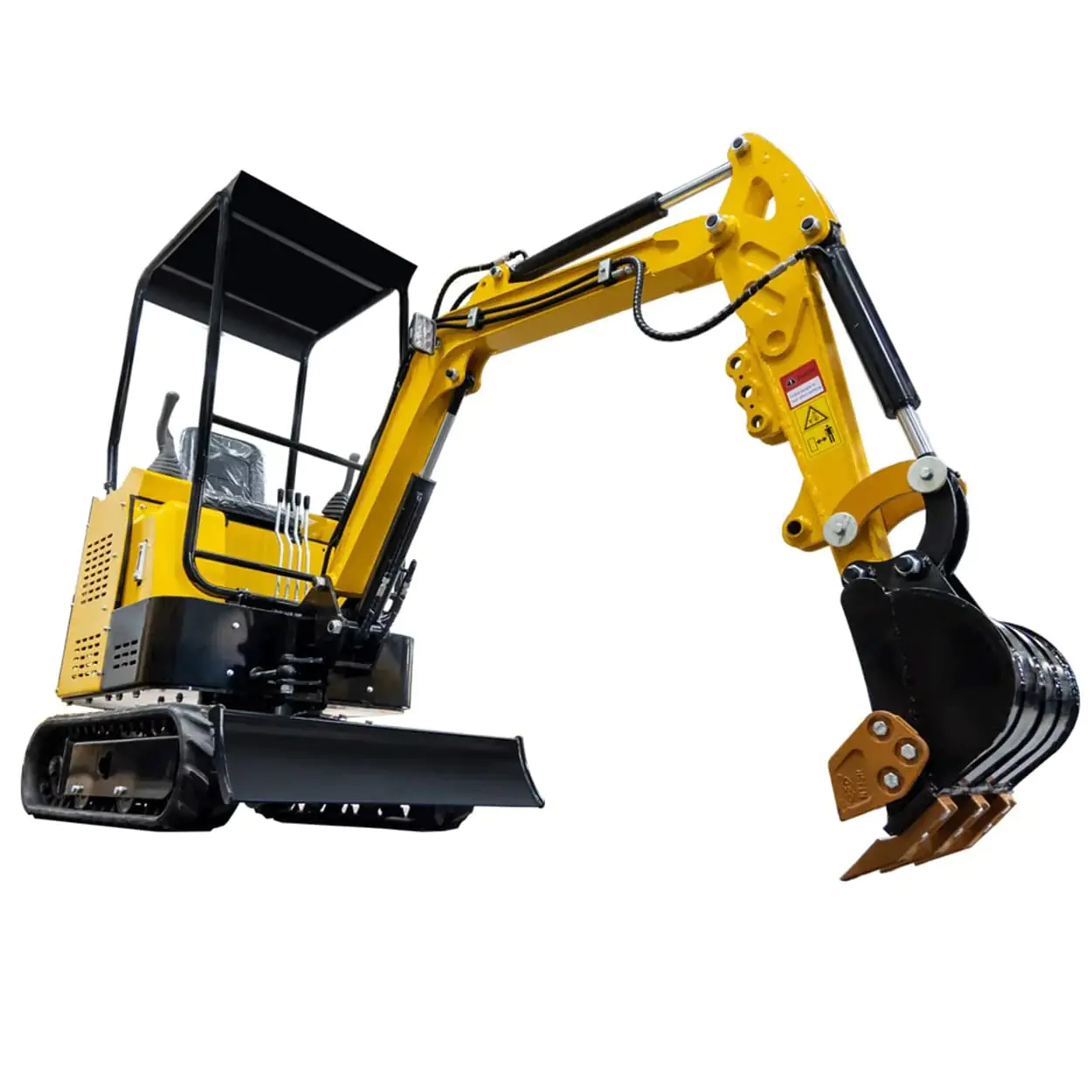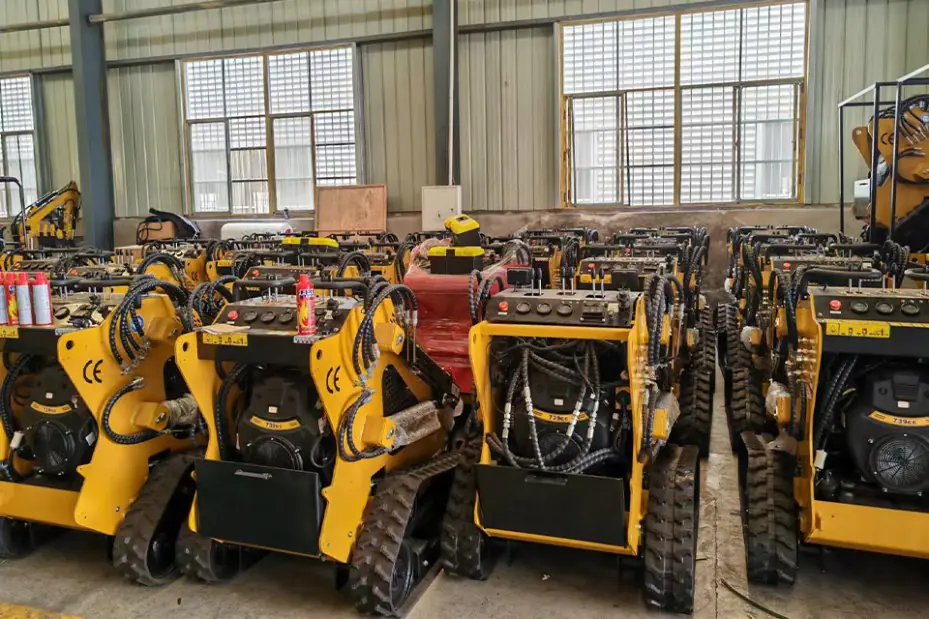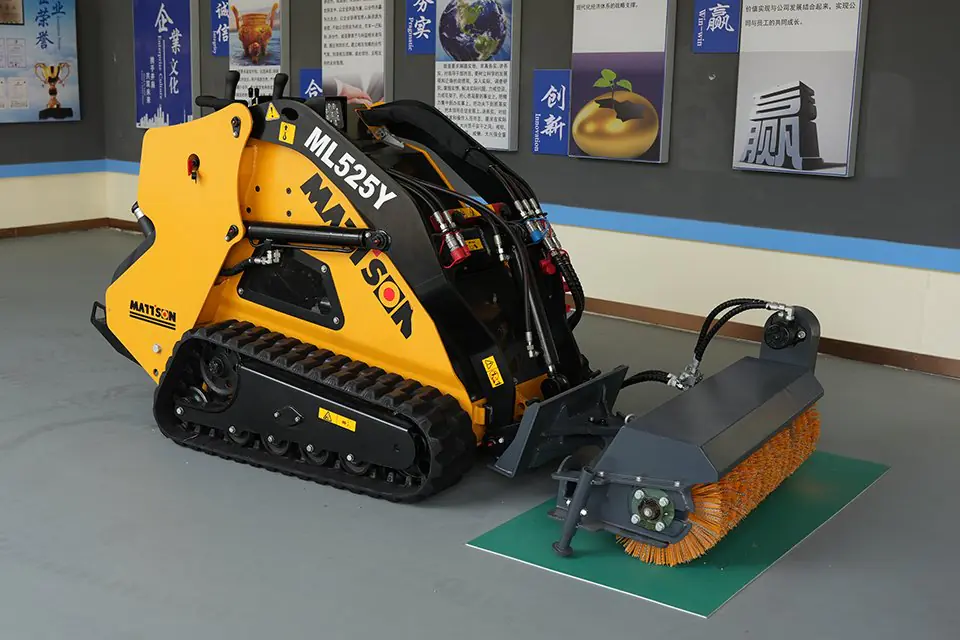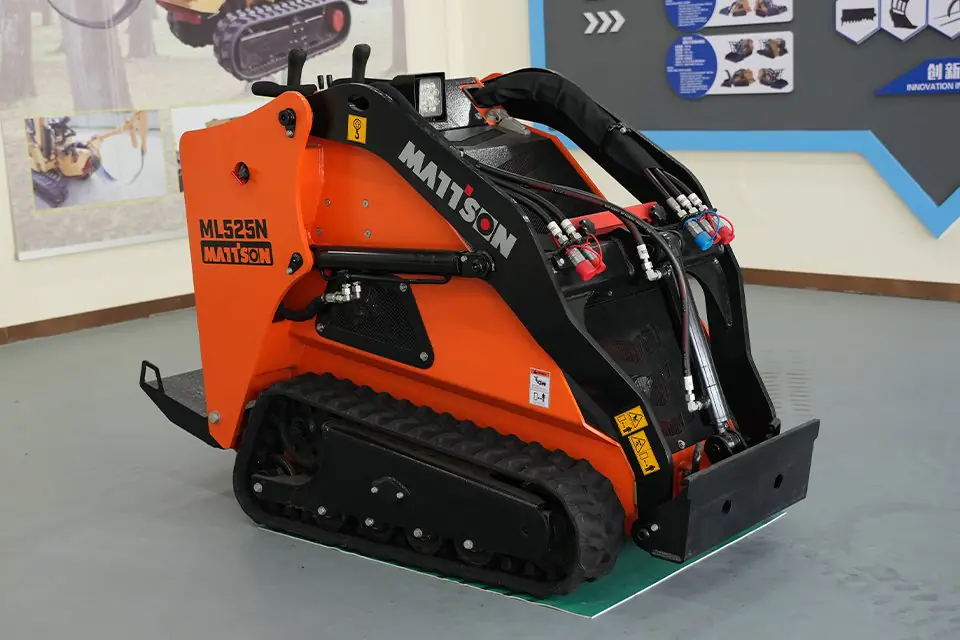Skid steer loaders are versatile machines that have become indispensable in construction, landscaping, and agriculture. If you’ve ever wondered how these compact powerhouses operate and how to maximize their efficiency, you’re in the right place. This comprehensive guide delves into the essentials of skid steer loaders, including tipping load, Rated Operating Capacity (ROC), attachments, and more. Whether you’re a seasoned professional or a curious newcomer, read on to uncover everything you need to know about skid-steer loaders.
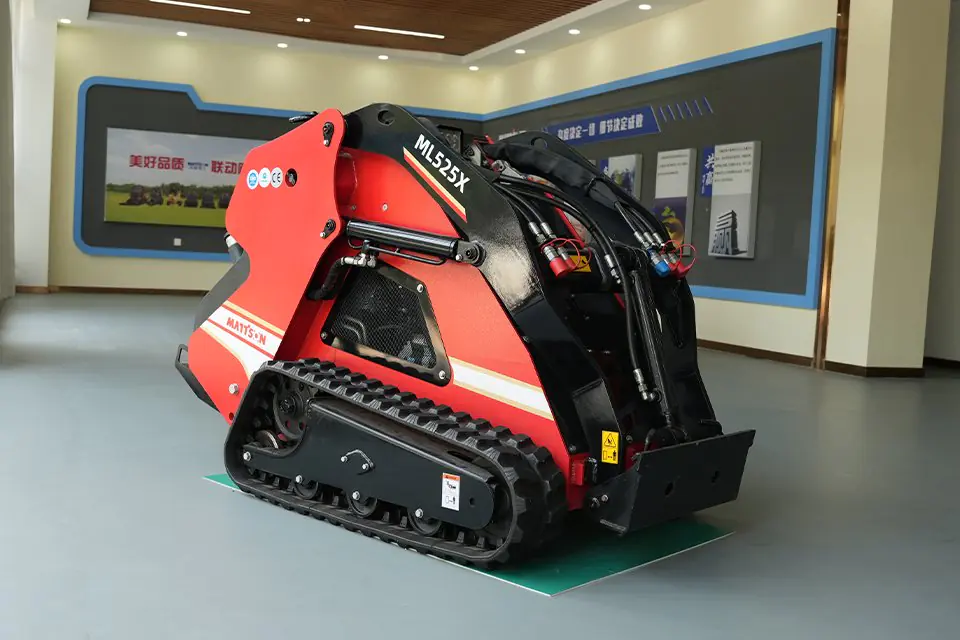
What Is a Skid Steer Loader?
A skid steer loader is a compact, engine-powered machine with lift arms used to attach a wide variety of labor-saving tools or attachments. Known for their maneuverability and versatility, skid steers can skid, or turn within their own footprint, which makes them ideal for confined spaces.
How Does a Skid Steer Work?
At the heart of a skid steer’s functionality is its ability to skid. Unlike cars that steer with front wheels, a skid steer turns by speeding up the wheels on one side and slowing down the wheels on the other. This differential speed causes the machine to skid in the desired direction.
What Are the Essential Skid Steer Attachments?
One of the main advantages of a skid steer is its compatibility with various attachments. From buckets and forks to trenchers and augers, these attachments enhance the machine’s capability to perform different tasks:
- Buckets: Ideal for digging and moving material.
- Pallet Forks: Perfect for lifting and transporting pallets.
- Augers: Used for drilling holes in the ground.
Looking to expand your skid steer’s functionality? Check out our Mini Skid Steer Loader options for versatile solutions.
Understanding Tipping Load and Why It Matters
Tipping load is a critical safety metric that represents the maximum weight a skid steer can lift before it risks tipping forward. Understanding the tipping load is essential to avoid accidents and ensure safe operation.
- Machine Weight: The overall weight of the skid steer affects the tipping load.
- Lift Capacity: Exceeding the lift capacity can lead to the machine tipping forward.
- Center of Gravity: Properly balancing the load prevents instability.
What Is Rated Operating Capacity (ROC)?
Rated Operating Capacity (ROC) is typically 50% of the machine’s tipping load. It represents the safe working limit for lifting materials without risking a tip-over. For instance, a skid steer with a tipping load of 2,500 lbs will have an ROC of 1,250 lbs.
Tips to Avoid Tipping Your Skid Steer
Safety should always be a priority. Here are some tips to avoid tipping your skid steer:
- Know Your Limits: Always be aware of the machine’s ROC and tipping load.
- Load Evenly: Ensure that the bucket or fork is loaded evenly to maintain balance.
- Stay on Flat Ground: Operating on flat ground reduces the risk of tipping.
- Use Proper Attachments: Equip your skid steer with the right attachments for the job.
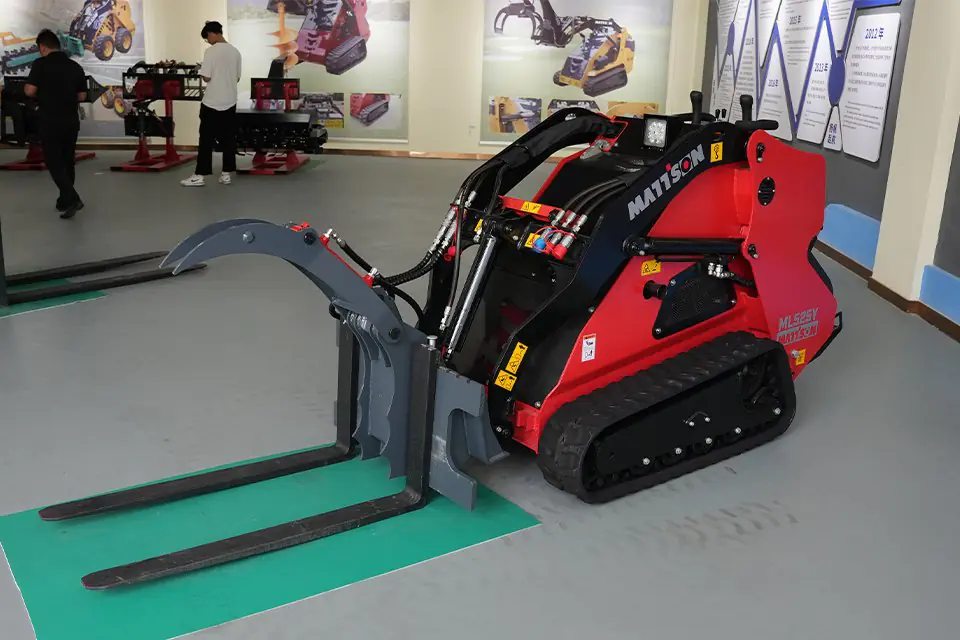
How to Choose the Right Skid Steer for Your Needs
Selecting the ideal skid steer involves considering several factors:
- Horsepower: Determines the machine’s ability to perform tasks efficiently.
- Lift Path: Choose between vertical lift and radial lift based on your application.
- Hydraulic Systems: High-flow hydraulic systems are beneficial for demanding hydro-mechanical work.
Interested in compact options? Explore our 1 Ton Mini Excavator for tight spaces and precise work.
Maintenance Tips for Your Skid Steer Attachments
Proper maintenance extends the life of your skid steer and its attachments:
- Regular Inspection: Check loader arms, hydraulics, and rear tires for wear and tear.
- Clean Attachments: Remove debris from buckets, forks, and other tools after use.
- Lubrication: Keep all moving parts well-lubricated to ensure smooth operation.
Enhancing Lift Capacity with the Right Attachments
Using the correct attachments can improve your skid steer’s efficiency:
- Pallet Forks: Increase your ability to lift material and transport heavy loads.
- Augers and Trenchers: Enhance digging capabilities for landscaping and construction projects.
For powerful lifting solutions, consider our 1.8 Ton Mini Excavator designed for heavier tasks.
Frequently Asked Questions About Skid Steer Loaders
What Is the Difference Between Radial and Vertical Lift?
Radial Lift: Offers better mid-height reach and is ideal for digging and grading.
Vertical Lift: Provides maximum reach at full lift height, perfect for loading trucks.
How Much Weight Can a Skid Steer Safely Lift?
A skid steer’s safe lifting capacity is its ROC, which is 50% of its tipping load. Always refer to the manufacturer’s guidelines to know how much your machine can safely lift.
What Does ROC Mean in Skid Steer Specifications?
ROC stands for Rated Operating Capacity. It indicates the maximum weight the skid steer can handle without risking a tip-over on flat ground.
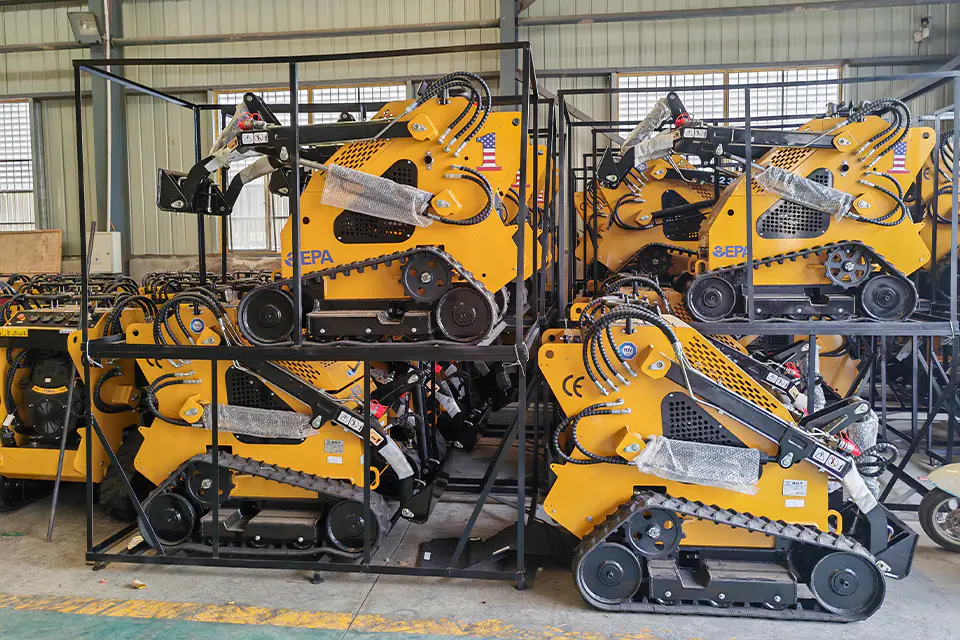
The Role of Hydraulic Horsepower in Skid Steers
Hydraulic horsepower is crucial for operating hydro-mechanical work tools like trenchers and augers. Machines with higher hydraulic horsepower can handle more demanding tasks efficiently.
Enhancing Performance with High-Flow Hydraulic Systems
High-flow hydraulic systems increase the flow rate, providing additional power to operate heavy-duty attachments. They are designed by adding a gear pump to the standard flow circuit, increasing the speed and torque available to the work tool.
Conclusion
Skid steer loaders are versatile and powerful machines essential for various industries. Understanding key concepts like tipping load, ROC, and the effective use of attachments can significantly enhance productivity and safety. Whether you’re lifting materials with a bucket, moving pallets with forks, or digging with an auger, knowing your machine’s limits and capabilities is vital.
Key Takeaways:
- Skid Steer Loaders are versatile machines ideal for various tasks.
- Tipping Load and Rated Operating Capacity (ROC) are critical safety metrics.
- Using appropriate attachments enhances machine capability.
- Regular maintenance prolongs the life of your skid steer and attachments.
- Understanding lift paths (vertical vs. radial lift) helps in choosing the right machine.
For more information on skid steer loaders and to explore our range of machinery, visit Dig-Boy. If you’re interested in remote control solutions, check out our Remote Control Lawn Mower for innovative landscaping.
